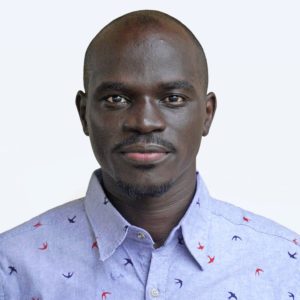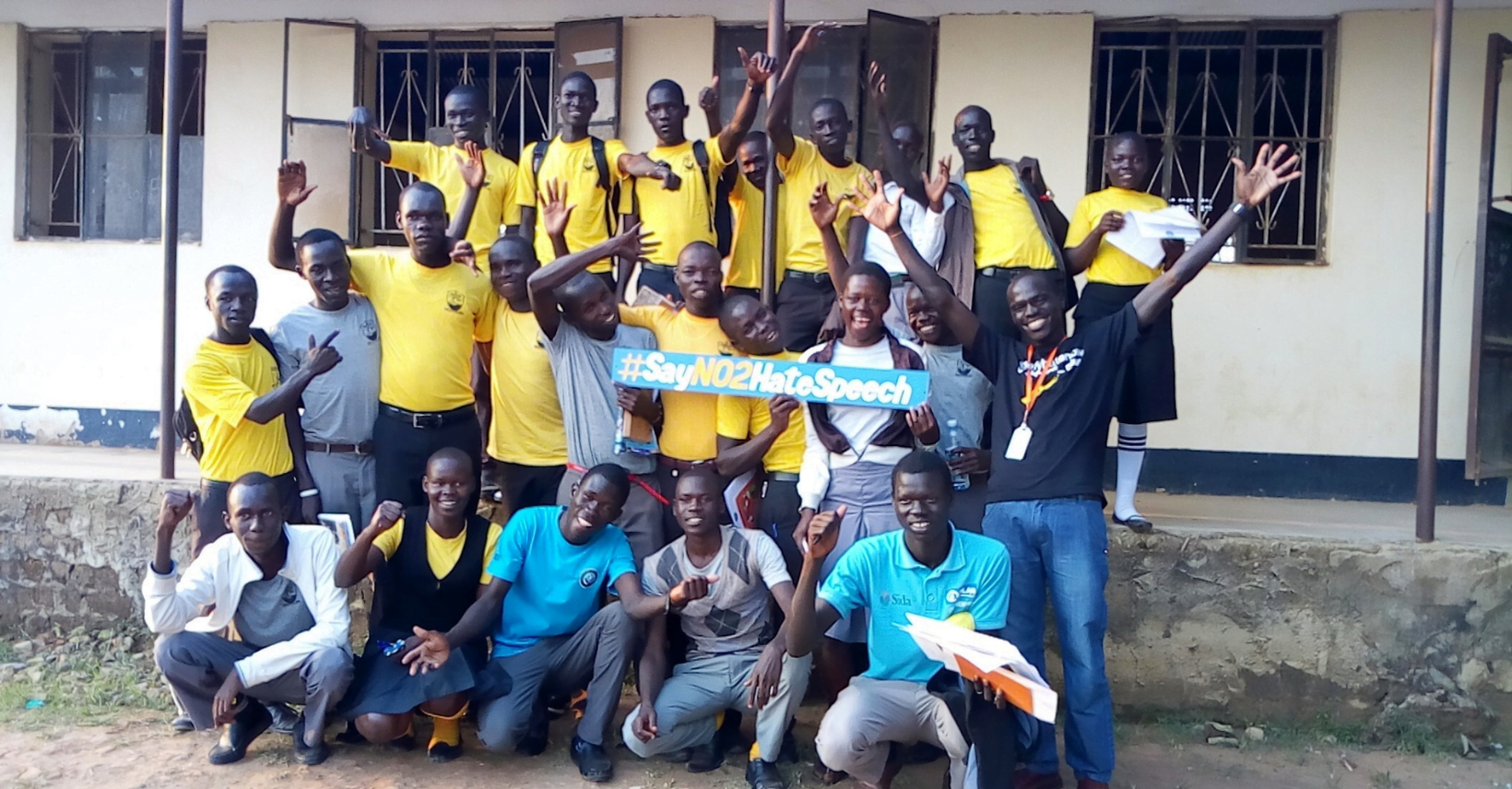Our Story

Our journey began in 2016, when our founder and vision bearer, Patrick Chandiga Justine Abure, fled his home in Yei, South Sudan, due to the outbreak of war, becoming a third-generation refugee with his siblings, all deprived of education. He faced hate speech, discrimination, and violence due to his ethnicity in Rhino Refugee Settlement, Uganda, where he sought refuge, all while enduring the lasting impact of his past as a child labourer.
After finding safety in Koboko and becoming a Christian evangelist, Patrick found a new purpose – to help bridge divides and unite refugee communities for peace, reconciliation, and tolerance. In May 2017, while serving as a full-time Evangelist of Koboko Seventh-Day Adventist Church, he founded the Community Empowerment for Creative Innovation (CECI Uganda), to tackle conflict tensions and ethnic cleavages arising from ethnic discrimination, cultural intolerance, hate speech, resource access and utilization, trauma and limited employment opportunities in refugee communities.
He mobilized a team of refugees who shared his passion for promoting peace and self-reliance in their communities through education, innovation, and recreational activities. They were from diverse ethnicities, professions, and backgrounds, but all were united in their commitment to fighting discrimination and violence.
On August 14, 2017, Abure, along with Vita Geofrey, Dominic Wani, Baba Michael Nigo, Juma Robert John Paul, and Hakim Bosco, registered CECI Uganda as a Community-Based Organization with the Koboko District Local Government (Reg. No. 563/124). Later, CECI Uganda was incorporated as a Company Limited by Guarantee (Reg. No. 80020002697777). This milestone marked a new phase of growth and impact for CECI in preventing, reducing, and transforming conflicts through locally-led innovations in peacebuilding, education, livelihood, and environmental sustainability.
Since then, we have been working with 58,524 youth, women and girls to stop violence and increase social cohesion among and between refugees and host communities. We campaigned against all forms of hate speech and incitement to violence and provided community-based and data-driven solutions to the problem of hate speech, disinformation, and misinformation. We have also strengthened local peace structures to respond to and prevent conflicts, rebuilt the livelihoods of 5,951 youth, women and girls, increased their safety and wellbeing, and improved access to education for over 5000 children.
Our focus on empowering youth and women to participate actively in local leadership, peacebuilding, and development has been unwavering. Today, we have expanded our services to benefit 147,098 refugees and hosts in Koboko, Yumbe, and Obongi districts. We are strengthening their participation by increasing access to education, financial resources, knowledge and skills in conflict resolution and peacebuilding, business, technology, entrepreneurship, and vocational training.


